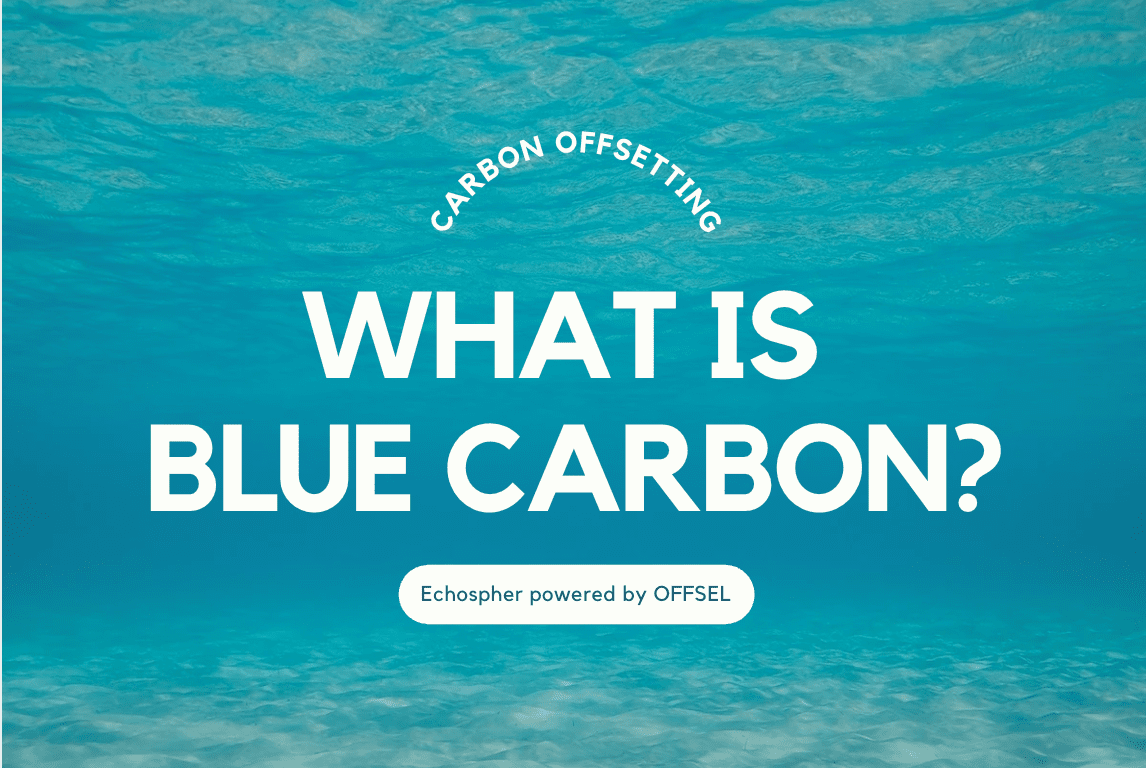What Is The Green Transformation (GX)? Japan’s Original Policy For Decarbonization
- CO2-reduction

Table of Contents
What is the Green Transformation (GX)?
GX (Green Transformation) refers to solving various environmental issues such as environmental destruction, natural disasters caused by abnormal weather, plastic problems, and pollution through the power of advanced technology.
In 2020, the former Japan’s Prime Minister Suga declared a carbon-neutral commitment to reduce greenhouse gas emissions to virtually zero by 2050. To achieve this, the government has called on private companies to fundamentally change their existing business models and strategies. In this way, creating a virtuous cycle between the economy and the environment is at the core of GX.
Then in July 2022, the “GX Implementation Council” chaired by Japan’s current Prime Minister Kishida was established, and in December, a basic policy (draft) aimed at realizing GX was compiled.
Why GX (Green Transformation) is important in Japan?
Natural Disasters and Abnormal Weather
Firstly, the awareness of environmental issues, including global warming, is increasing in Japan.
In recent years, the world has experienced frequent abnormal weather and natural disasters, such as floods caused by heavy rains, droughts, and large-scale wildfires due to abnormal dryness, that have never been experienced before. Such disasters have the possibility to cause significant losses to people’s lives and the economy.
The United States and China announcing transition to a decarbonized society
The fact that major countries like the United States and China have set their course towards decarbonization is another reason. China and the United States are the largest and second-largest carbon dioxide emitters in the world, respectively, and are indispensable in discussions on decarbonization.
However, during the Trump administration in November 2020, the U.S. withdrew from the Paris Agreement, and China indicated that an increase in greenhouse gas emissions was inevitable until 2030, showing attitudes not in step with other countries. However, the current U.S. Prime Minister Biden has announced goals such as achieving power decarbonization by 2035 and zero greenhouse gas emissions before 2050 as a part of his campaign promises. China also announced its goal to achieve carbon neutrality by 2060.
The change in these countries’ policies is driven by concerns about economic opportunity losses and a decrease in international influence. European countries have led discussions on environmental issues, setting high goals, resulting in companies increasing their market share and profits by enhancing their technological capabilities. The growing sense of crisis that neglecting these issues could lead to losses for both countries seems to have triggered the policy shift.
Expectation of increased profitability in renewable energy businesses
Due to the technological progress, the reduction in the cost of adopting renewable energy is also an important point. For example, the cost of industrial electricity generation from solar power in Japan was 26.1 yen/kWh in 2012 and fell to 13.1 yen/kWh in 2019. Furthermore, the cost of wind power generation was 11.1 yen/kWh in 2019, but it is expected to decrease to 6.6 yen/kWh by 2030.
Consequently, the number of companies entering the solar power generation business has been rapidly increasing. In Europe, making the environment more favorable for businesses to bid on renewable energy and supporting development has created a virtuous cycle of more companies entering, further lowering costs and accelerating adoption.
The increased profitability of these businesses has successfully encouraged voluntary participation from companies.
Expansion of ESG Investment
In recent years, ESG investment has been increasing in Japan. Reasons for this include the fact that companies promoting ESG have a lower risk of long-term performance deterioration and the United Nations’ advocacy of the “PRI (Principles for Responsible Investment)” in 2006. Promoting GX means managing the business with consideration for the ‘Environment’, which is the ‘E’ in ESG, making it a target for ESG investments. With the expansion of ESG investment, GX, being a part of ESG, is receiving attention.
Government initiatives regarding GX
The GX Promotion Act
The GX Promotion Act was enacted in May 2023 against the backdrop of accelerating international investment competition towardGX. The aim is to promote GX investment in Japan in order to achieve carbon neutrality in 2050, strengthen industrial competitiveness, and realize economic growth.
It is consist of five requirements:
Introduction of the GX League
The GX League refers to a forum where participating companies, the government, financial institutions, universities, and other research institutions come together to discuss specific initiatives aimed at achieving carbon neutrality by 2050.
The Ministry of Economy, Trade and Industry in Japan announced the basic structure of the GX League on February 1, 2022, and began recruiting participating companies. By March 31, 2022, 440 companies had joined, and specific initiatives are expected to start from the fiscal year 2023.
The purpose of the GX League is the “transformation of the economic and social system,” aiming to realize a world that balances sustainable social and economic development. Additionally, one of the goals of the GX League is to induce changes in consumer lifestyles and environmental awareness by realizing such a world.
The GX League has declared to focus on the following three initiatives:
- Forum for Future Society Vision: A place for discussions and tests to achieve carbon neutrality by 2050.
- Market Rule Formation Forum: A forum to discuss the nature and rules of the market in the era of carbon neutrality.
- Voluntary Emission Trading Forum: A place where companies voluntarily trade emissions as they work toward their self-set greenhouse gas reduction goals.
Source: Ministry of Economy, Trade and Industry
Examples of GX initiatives of companies
All kinds of companies around the world are implementing GX initiatives nowadays.
Microsoft
Microsoft is a software development and sales company headquartered in Washington State, United States. It was founded in 1975 by Bill Gates and Paul Allen.
Based on the fundamental philosophy that “protecting the environment and contributing to society are necessary for long-term business success,” Microsoft is currently working on a project that is equivalent to Japan’s GX as part of its sustainability efforts. We are promoting initiatives.
Microsoft has already achieved its goal of converting 100% of its energy use to renewable energy by 2020. We also have an ambitious goal of reducing waste emissions by 75% by 2025.
Tokyo Toyota Motor Co., Ltd.
Toyota Motor Corporation, Japan’s largest automobile manufacturer, recorded sales of 10.48 million units for the entire Toyota group in 2022, ranking first in the world for the third consecutive year. It is the company with the highest sales in Japan, ranking 6th in the world in the 2022 “World Corporate Brand Ranking”.
Toyota Motor Corporation is deeply involved in GX, mainly in the following areas.
- Technological development of engines, motors, batteries, etc. that reduce environmental impact
- Active energy conservation in factories and offices
- Expansion of renewable energy use
- Product collection for recycling and reuse
The formalization of rules towards GX, which aims to achieve CO2 emission reduction along with economic growth, has been progressing. Furthermore, with the full-scale implementation of government support such as the “GX Economic Transition Bonds,” a greater emphasis on decarbonization is expected in the future.
It’s not only large corporations but also small and medium-sized enterprises that are entering an era where innovation towards decarbonization influences business performance.
CONTACT US
Please feel free to contact us at anytime.
We will get back to you as soon as we
can!
Editor
OFFSEL Owned by Erevista Inc, OFFSEL is specializes in Environmental issues, especially in carbon neutrality. We primarily provide the latest information on environmental energy.




